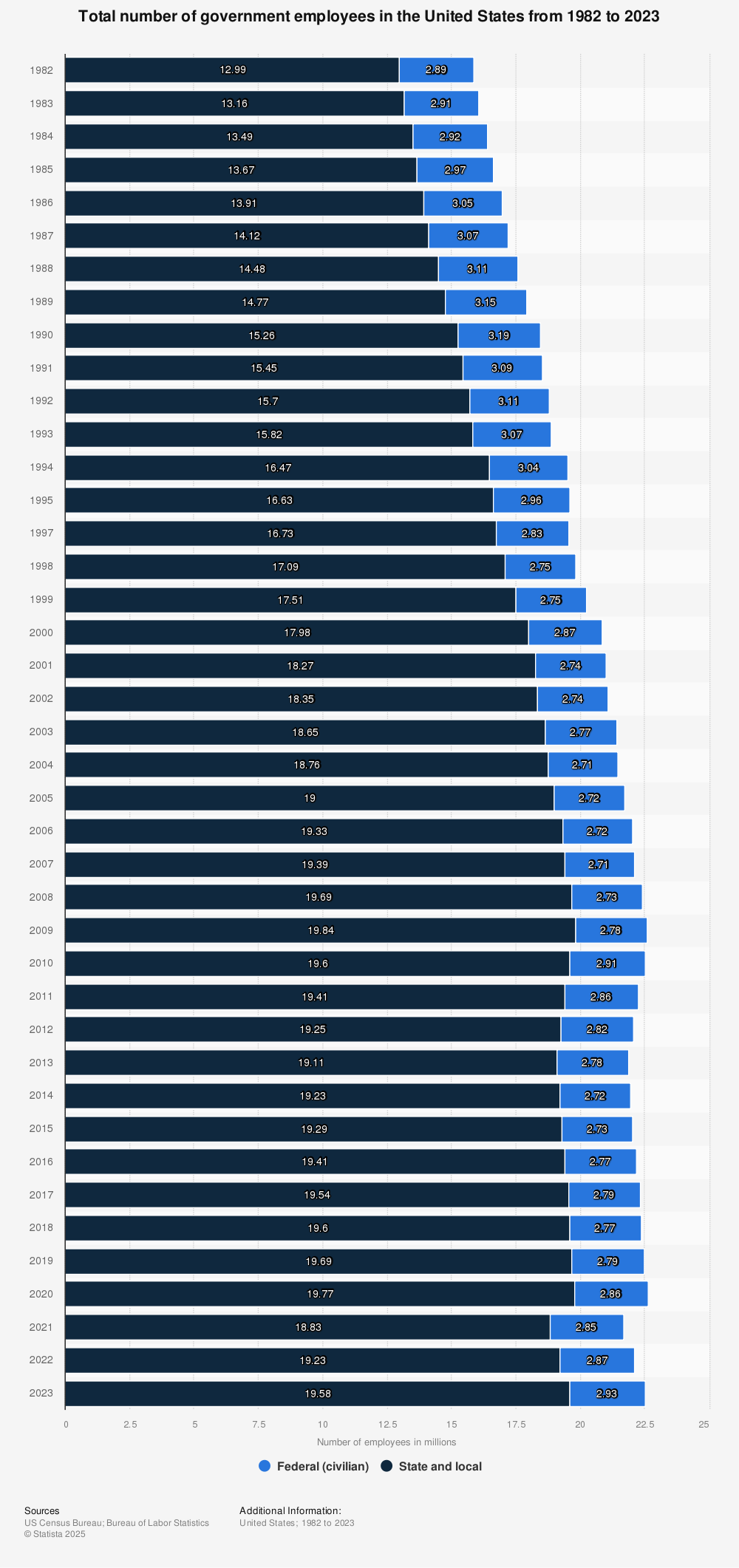The Reality Of Relocating: Laid-Off Federal Employees Seeking State And Local Positions

Table of Contents
Understanding Transferable Skills and Experience
Successfully transitioning from a federal position to a state or local government role hinges on effectively showcasing your transferable skills. Many skills gained in federal employment are highly valuable in other government sectors.
Identifying Relevant Skills:
Federal roles often involve a broad range of skills applicable across sectors. For example, project management experience in a federal agency directly translates to managing projects within a state department of transportation or a city’s public works department. Similarly, budget analysis skills honed in federal service are in high demand in state and local finance departments. Strong communication and policy development skills are also universally valued.
- Federal Role: Budget Analyst (Federal Agency) ➡️ State/Local Counterpart: Budget Analyst (State Department of Finance)
- Federal Role: Project Manager (Defense Contract) ➡️ State/Local Counterpart: Project Manager (State Infrastructure Project)
- Federal Role: Policy Analyst (Regulatory Agency) ➡️ State/Local Counterpart: Policy Analyst (State Environmental Agency)
- Federal Role: Public Affairs Officer ➡️ State/Local Counterpart: Communications Director (City Hall)
It's crucial to tailor your resume and cover letter to emphasize these federal skills and highlight how they align with specific requirements of state government jobs and local government careers. This targeted approach maximizes your chances of securing an interview.
Researching State and Local Government Job Opportunities
Finding the right opportunity requires a strategic job search. Fortunately, numerous resources exist to help you find state government jobs and local government careers.
Utilizing Online Job Boards:
Several online platforms specialize in government job postings.
- USAJOBS: While primarily focused on federal positions, USAJOBS sometimes lists state and local openings, especially for positions with federal funding.
- State Government Websites: Each state maintains its own job board, often accessible through the state's official website. Search "[State Name] government jobs" to find the relevant site.
- Local Government Websites: Similarly, most cities and counties have online portals listing open positions. Search "[City/County Name] government jobs."
- Indeed, LinkedIn: These general job boards also feature many state and local government postings. Refine your search using keywords like "government jobs," "public sector," and specific job titles.
Effective keyword searches are essential. Use targeted phrases such as "state government jobs [state name]", "local government jobs [city/county]", or "[specific job title] state government."
Networking Strategies:
Networking is invaluable in the public sector.
- Attend Industry Events: Conferences and workshops focused on state and local government often provide networking opportunities.
- Join Professional Organizations: Organizations like the National Association of State Budget Officers (NASBO) or the International City/County Management Association (ICMA) connect professionals in your field.
- Utilize LinkedIn: Actively connect with professionals working in state and local government, engage in relevant discussions, and join groups focused on public service. Building a strong LinkedIn connections network significantly expands your reach.
The Relocation Process: Practical Considerations for Laid-Off Federal Employees
Relocating adds another layer of complexity to the job search. Careful planning is essential to minimize stress and ensure a smooth transition.
Financial Planning:
- Relocation Budget: Create a comprehensive budget that includes estimated moving expenses, housing costs (rent or mortgage), and initial living expenses in your new location.
- Financial Assistance Programs: Research potential financial assistance programs for relocating employees. Some organizations offer relocation packages or stipends.
- Cost of Living: Thoroughly research the cost of living in your target area to ensure your salary adequately covers your expenses. Consider factors such as housing, transportation, and taxes.
Logistics and Housing:
- Finding Housing: Start your housing search early. Use online real estate portals and connect with local real estate agents to find suitable accommodations.
- Utility Transfer: Arrange for the transfer of utilities well in advance of your move to avoid interruptions in essential services.
- Address Change: Notify all relevant parties (banks, credit card companies, etc.) of your address change to ensure a seamless transition. Consider using relocation services to help manage this process.
Overcoming Challenges and Leveraging Resources
Transitioning to a new role and location may present challenges. Addressing them proactively increases your chances of success.
Addressing the Salary Gap:
- Salary Negotiation: Be prepared to negotiate your salary. Research average salaries for similar positions in your target area.
- Benefits Packages: Carefully evaluate the benefits package offered by prospective employers. Some positions may offer strong benefits that offset potential salary differences.
- Financial Advice: Seek financial advice from a qualified professional to manage the financial transition effectively.
Utilizing Federal Employee Resources:
Laid-off federal employees have access to valuable resources.
- Office of Personnel Management (OPM): The OPM provides career counseling and job search assistance to former federal employees.
- Outplacement Services: Many federal agencies offer outplacement services, including resume writing assistance and interview coaching.
- Other Federal Agencies: Depending on your previous agency, you might have access to additional resources and support.
Successfully Transitioning: Your Path to State and Local Government Positions
Transitioning from a federal career to a state or local government position requires careful planning and a proactive approach. Successfully navigating this process involves effectively leveraging your transferable skills, utilizing strategic job search methods, and thoughtfully managing the relocation process. Remember to fully utilize the resources available to laid-off federal employees seeking state and local positions. Begin your journey today by exploring available state and local government positions and leveraging the resources discussed above to ensure a successful transition.

Featured Posts
-
 Mike Breen On Marv Albert A Legacy Of Basketball Broadcasting Excellence
Apr 28, 2025
Mike Breen On Marv Albert A Legacy Of Basketball Broadcasting Excellence
Apr 28, 2025 -
 Slight Lineup Change For Red Sox Doubleheader Coras Approach
Apr 28, 2025
Slight Lineup Change For Red Sox Doubleheader Coras Approach
Apr 28, 2025 -
 Mets Starting Pitcher Contender Pitchers Name S Performance Analysis
Apr 28, 2025
Mets Starting Pitcher Contender Pitchers Name S Performance Analysis
Apr 28, 2025 -
 Nascar Martinsville Hamlin Secures First Victory In Years
Apr 28, 2025
Nascar Martinsville Hamlin Secures First Victory In Years
Apr 28, 2025 -
 Trump Zelensky Meeting Post Oval Office Confrontation
Apr 28, 2025
Trump Zelensky Meeting Post Oval Office Confrontation
Apr 28, 2025
